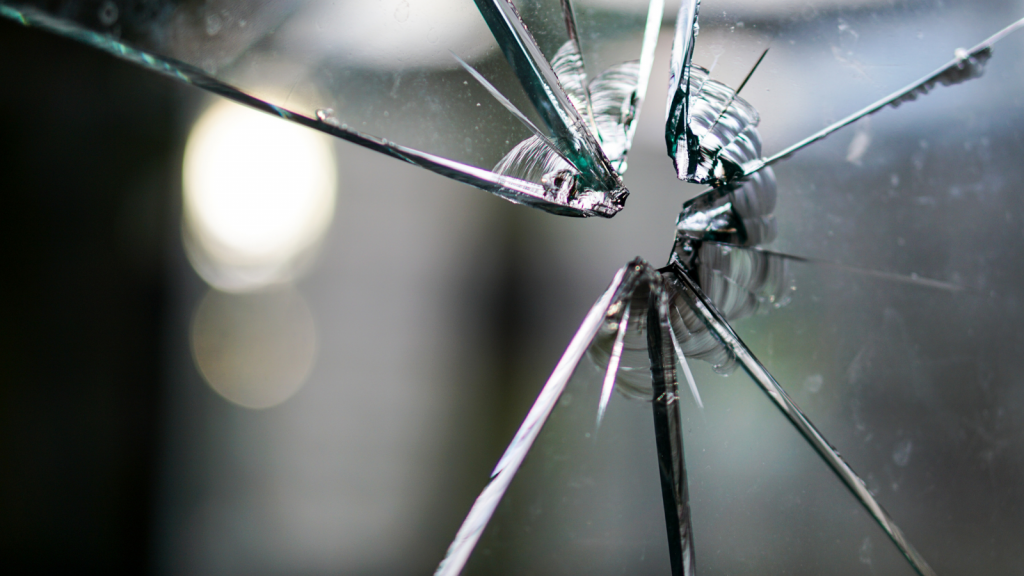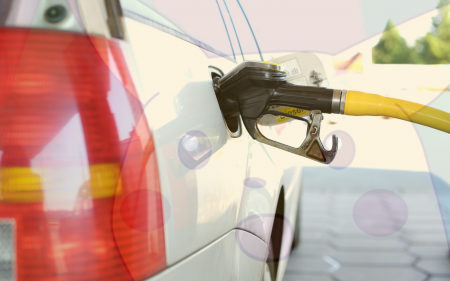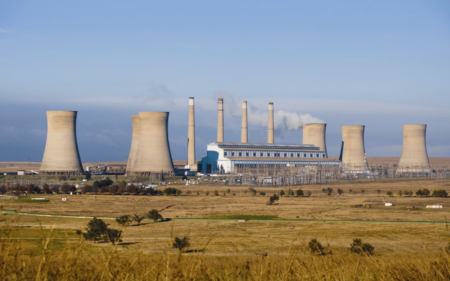As the dust settled on South Africa’s most recent weekend (10th and 11th July 2021) and news coverage emerged today that looting has continued unabated, many are probably taking stock in a state of shock and horror at the events that are unfolding.
Over the last five days, protests in KZN – which were ostensibly against the jailing of former SA President Jacob Zuma – have spread to parts of Gauteng, bringing with them violence, looting and damage to property, vehicles and parts of the country’s infrastructure.
Those not directly involved in the violence – or in the neighbourhoods where it occurred – can follow it easily on social media. My account lit up with videos, pictures and hashtags recounting numerous incidents that painted a harrowing picture. Vehicles on fire. Police engaged in pitch gun battles in the street. Supermarkets and malls being pillaged. Deserted highways that had either been closed off by authorities or blocked.
And in the midst of it all, I sat there staring at my phone wondering how much of it I could believe.
South Africa and social media
Now, after the weekend I didn’t doubt that there were violent activities taking place in pockets of the country – simply Googling reputable news sources provided more than enough proof of that. What I found myself troubled by was the fact that looking at the footage, the pictures and the posts on my social media timelines, I was in two minds about what was genuine and what was not.
Was the media I was looking at actual footage of recent events or was it from earlier troubles? Were the missives I was reading the straight dope on what was going on, or were they simply fake klaxon horns from individuals posting nonsense for their own amusement or some desperate need to join in on the collective horror? The only way to find out would be to start researching every post I was reading and I have to confess I was a bit too stunned to go through that.
And really, at a time like this, I shouldn’t have to.
When parts of one’s country are burning to the ground, shouldn’t there be some sort of standard social media platforms are held to in order to ensure they’re not being used to spread misinformation and panic? Especially when these are platforms where most people obtain their news?
Well, yes, and the issue is we’ve been here too many times before.
According to a report on Talkwalker, roughly 40% of all South Africans are active social media users – that equates to nearly 23 million people. Statista recently (this month) put internet users at 39 million and states that nearly 32 million South Africans access the net through mobile devices.
#Shutdown Cele says social media platforms are now under being monitored, they are trying trying to trace inflammatory posts fueling violence.
— EWN Reporter (@ewnreporter) July 13, 2021
This means an awful lot of South Africans gravitate to social media first for their sources of news. When that news feed awash is with as much misinformation as it is with the genuine article it’s a problem.
It’s a massive problem.
Could we have some counter-measures, please?
A couple of months ago, parliament called on Big Tech for an audience in which they were expected to inform the authorities about their plans to combat misinformation.
At the time, the main concerns centred around the COVID-19 pandemic and the upcoming municipal elections. Google attended the meeting and laid out its plans and initiatives.
Facebook agreed to meet with the Communications and Digital Technologies Committee (CDTC) and then backtracked. Although recently, the social media giant has introduced new ad transparency measures around political figures, parties, initiatives and elections.
The CDTC’s concerns now feel like they’re from a different time and small potatoes compared to the damage that can be caused through social media at the time of this writing. Beyond spreading fake news, there’s the very real possibility these platforms could be used to mobilise and incite more organised violence; already the ANC says it’s ‘concerned’ about Duduzile Zuma-Sambudla sending out tweets that (amongst other things) call on people to “let it burn”.
Naturally, a lot of responsibility lies with the social media users – you know, us. One would think that, looking at social media through the long lens of its comparatively brief history, that people would be using these immensely powerful communication tools with at least some semblance of responsibility. That’s humans for you.
Censorship and internet shutdowns won’t be tolerated. If anything, It will have far-reaching technical & human rights impact way more than the current situation.
Restriction of Internet access will threaten our democracy in unimaginable ways!
Internet Governance stands!! https://t.co/MljlaqK0mH
— ParrotOS (@MokoenaDee) July 13, 2021
But at this stage, we don’t know how many eyeballs a certain post has or how many more the social platform it is on is sending its way in terms of promotion. That’s algorithms for you.
In the meantime, one could posit an analogy. Social media is not the telephone. It’s more akin to a large social venue in which billions operate. Right now, in South Africa, it has the potential to become a firetrap. Would it be too much to ask the venue’s owners to make sure some anti-fire measures are in place? I don’t think so…




